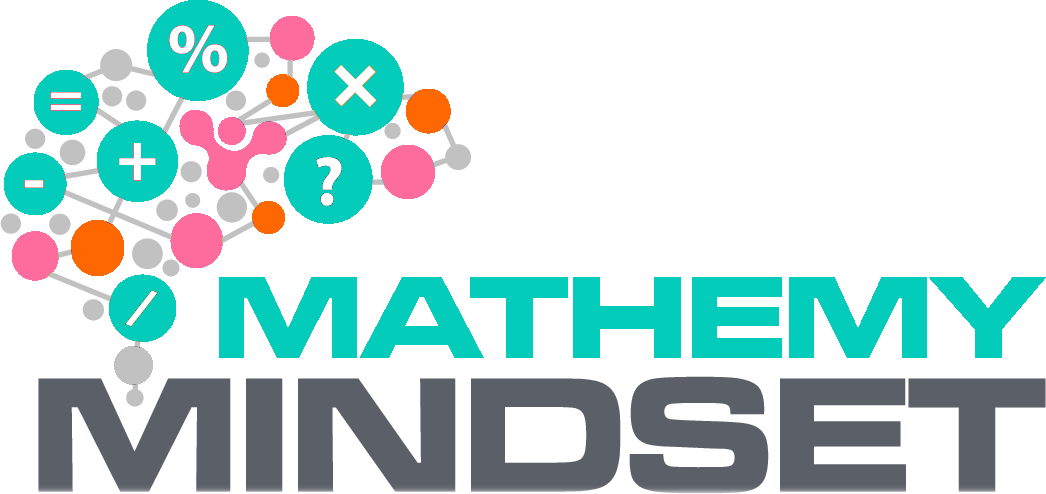If I’m honest, when I started tutoring I wasn’t sure if I would have the impact I hoped it would.
Parents would come to me with vastly different ideas (and hopes) of what could be achieved by private tutoring sessions, but the reason deep down was always the same: they wanted to give their children the best opportunity to learn and progress.
So why does tutoring give learners a greater opportunity to learn more effectively when compared with a traditional school environment?
Before I answer that question, I want to be clear that this post is not a criticism of the mainstream school system. Teachers and schools are working in a completely different environment to me. They are underfunded, over-stretched and most teachers are doing an amazing job in very difficult circumstances.
Start in the Shallow End
I would normally start tutoring a new pupil by getting them in at what I call the ‘shallow end’ (I’m going to use the analogy of swimming lessons, I love a good analogy…). I could be working with Einstein himself; he’s starting in the shallow end. This allows me to find any misconceptions, tendencies, gaps in knowledge, etc.
Sometimes, rarely, there are no gaps – this learner can swim! Why has this person wasted money hiring me as a tutor?

Firstly, this almost never happens. There’s generally some leak or problem with form or style. Some little habits they have picked up that’s impacting their ability to progress. The great thing about these early-stage fixes is that they often have a huge impact and are easy to implement. A problem that’s been missed in a standard school environment means we have something simple to work on that provides a speedy confidence boost to the pupil.
Swimming is easier now… armbands off and up into the medium-depth pool we go!
A Page Full Of Ticks is Not Always a Good Thing
A good tutor will start you in the shallow end, but very quickly convince you to wade (carefully) into deeper water. I imagine all tutors have their own method of doing this. Here are a few of the ways I approach my lessons:
- When practising questions if a pupil gets a question correct they skip one, if they get two correct they skip two and so on…
- Progressive overload: adding an extra element onto a question slowly, building up more complicated processes.
- Process only focussed sessions where the in-depth background knowledge is removed and just the process is focused on. Ignoring the why until later.
- Adding wordy problem-solving questions into the mix earlier than normal.

At this point, learners can start to get discouraged. They start making mistakes and naturally start to get some cognitive overload. They are out of their comfort zone a little bit, but they have one on one support -and this is where, in my opinion, the real learning happens. Learners want to see a page full of ticks, it’s natural (I plan on covering that more in an upcoming post btw), however, it’s from our mistakes that we learn. Just because you’ve swallowed a bit of water doesn’t mean you should stop swimming. Quite the opposite: if you do that, you’ll sink.
Now you’ve swallowed a mouthful of water, you’re back to the shallow end right? In some cases that’s appropriate, you don’t want the pupil to lose confidence, cement the view that they hate the subject and give up.
A Good Tutor Will Give Pupils The Confidence Approach Deeper Waters
But more often than not, that’s not the right approach. In many cases, you can give them immediate feedback and support to help them understand their mistake and they are happy to have another go. They start over and normally by the second (or twentieth) time, pupils have that eureka moment.
Unfortunately, without one-to-one tuition, learners too often find themselves back in the shallow end with a page full of ticks, but with little progress made.
Tutoring allows that leak to get fixed immediately without having a page full of crosses with little feedback to go on; and with this, their confidence grows. They aren’t happy just being in the shallow end repeating the same basic moves over and over again, they begin to relish the challenge.
Something even more important happens though, they learn to accept (and even laugh at) their mistakes. Making mistakes is crucial for learning and I feel that pupils that are scared of making mistakes or being seen to be “stupid” too often in traditional learning environments. It is critical that your tutor makes light of mistakes and, in fact, encourages them. If you have a tutor that does not encourage their learners to laugh at their mistakes you need to find a new tutor.
Only When A Pupil Makes Mistakes Do They Actually Learn
If you take one thing from this post that should be it. Do not be afraid to make mistakes and if you are a tutor/teacher/parent encourage it. If you get 100% all the time you’re just in the shallow end making marginal progress. Remember, every time you make a mistake to utter the words of the famous Navy Seal Jocko Willock, “Good!”. Simply a chance to improve, to get better, to learn.
Finally in some (not all – some will take a bit more support) cases they are ready for the deep end. This deep end isn’t akin to swimming the channel or the Olympic 100m Butterfly final…. it’s the learner’s own personal deep end, in which they are comfortable swimming with someone next to coach them and keep them afloat. It’s a place they should feel comfortable visiting independently more and more with the idea of going under no longer seeming so daunting.
This is the way to develop independent learners who love to learn. This is so, so important and something that is lost on so many adults today.

